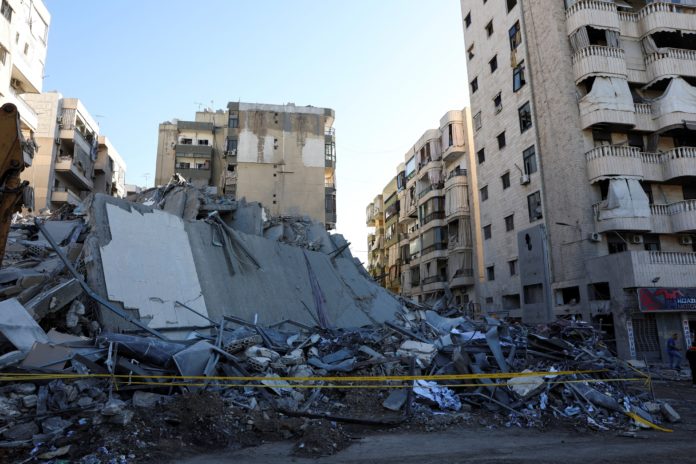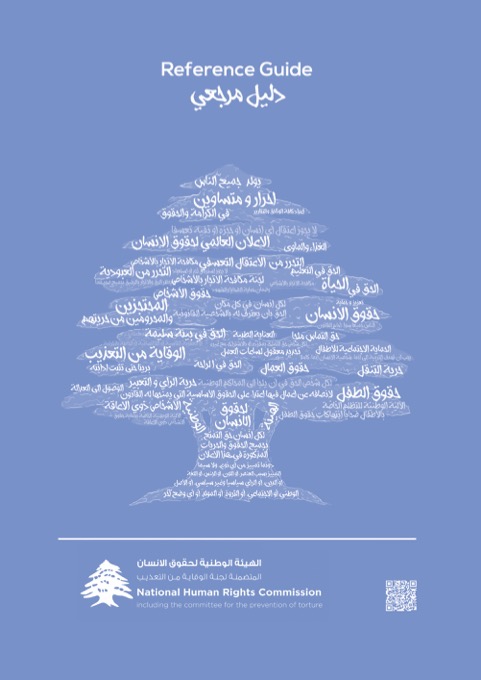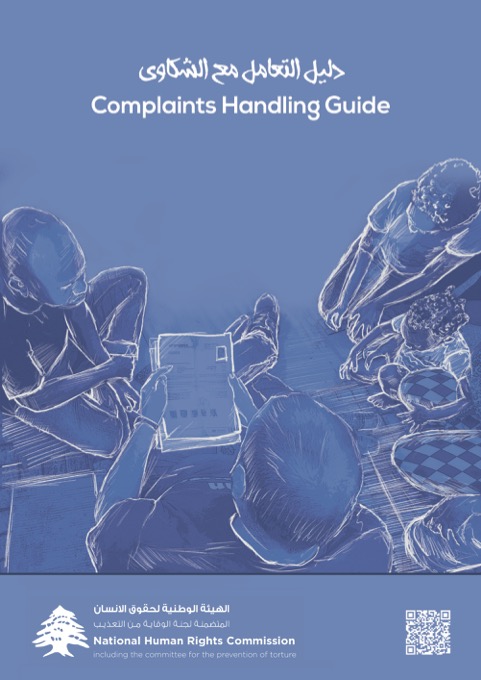هذه المقالة متاحة أيضًا بـ: العربية (Arabic)
The Israeli military’s repeated strikes on the Hezbollah-affiliated financial institution al-Qard al-Hassan in Lebanon indicate deliberate attacks on civilian structures that amount to war crimes, Human Rights Watch said today.
Overnight Israeli attacks on October 20, 2024, struck nearly 30 offices belonging to al-Qard al-Hassan in southern Lebanon, the southern suburbs of Beirut, and the Bekaa Valley, according to media reports. Israeli officials have alleged that the financial group is providing funding for Hezbollah, which is engaged in an armed conflict with Israel, but have not claimed the group is directly involved in hostilities. An armed group’s use of a financial institution, association, or bank does not amount to an effective contribution to military action, and therefore it is not a lawful military target under the laws of war.
“The Israeli military’s repeated strikes on Lebanese financial institutions indicate a deliberate and unlawful attack on Hezbollah’s civilian wing,” said Ramzi Kaiss, Lebanon researcher at Human Rights Watch. “Designating a civilian institution as a military target because of its affiliation rather than its effective contribution to military action puts all commercial operations at risk during wartime.”
Lebanese media reported at least three strikes on al-Qard al-Hassan centers in southern Beirut, in one case leading to the collapse of a high-rise building. Several other centers belonging to the association were reportedly struck in southern Lebanon, the Bekaa Valley and Baalbek in the east, and Hermel in the north.
A senior Israeli intelligence official told media organizations that “the purpose of these strikes [against al-Qard al-Hassan] is to target the ability of Hezbollah to function both during the war, but also afterwards to rebuild and to rearm the organization on the day after, and the grip Hezbollah has on large parts of the Lebanese society.” Israeli Defense Minister Yoav Gallant announced on X on October 22 that “[d]egrading Hezbollah’s capabilities requires both a military and economic campaign.”
In a video posted to his X account on October 20, Avichay Adraee, the Israeli military’s Arabic-language spokesperson, said that “most of Hezbollah’s sources of Iranian funding and independent income is deposited and managed inside the branches of al-Qard al-Hassan Association.” Adraee said that the association participates in funding Hezbollah’s activities against Israel and as such is considered a military target. Throughout the evening, the Israeli military issued at least 24 evacuation warnings for various buildings in southern Lebanon, southern Beirut, the Bekaa Valley, and Baalbek.
Two videos, geolocated by the open-source collective GeoConfirmed and verified by Human Rights Watch, capture the moment an airstrike led to the collapse of a high-rise building in Chiyah, Beirut, which contained an al-Qard al-Hassan office. A third verified video, filmed the following day, shows the rubble of the building. Human Rights Watch analyzed photographs published by al-Nahar, which depict damage to the surrounding area and documents with the al-Qard al-Hassan logo scattered on the ground.
Two more videos, also geolocated by GeoConfirmed and verified by Human Rights Watch, show second and third al-Qard al-Hassan offices engulfed in flames in southern Beirut, in Bourj al-Barajneh and Laylaki.
Al-Qard al-Hassan is a Lebanese association affiliated with Hezbollah and registered with the Lebanese Ministry of Interior since the 1980s. It reportedly has hundreds of thousands of clients who receive zero-interest collateralized loans, typically up to US$5,000. The association, which does not have a license from the Central Bank of Lebanon to operate as a financial institution, as required by Lebanon’s Monetary and Credit Law, has at least 30 branches, most in predominately Shia-populated areas in the southern suburbs of Beirut, southern Lebanon, and the Bekaa Valley.
The US State Department sanctioned the association in 2007 for being used by Hezbollah to manage its “financial activities and gain access to the international financial system.” According to the State Department, Hezbollah uses al-Qard al-Hassan to move funds “through shell accounts and facilitators” and provides “services characteristic of a bank in support of Hezbollah, while evading proper licensing and regulatory supervision.”
Since the 2019 Lebanese economic crisis, an increasing number of Lebanese people, many from the Shia Muslim population and supporters of Hezbollah, have become clients of the association, which is considered to be the “largest non-banking financial institution giving microloans” in the country, according to the Associated Press. In 2021, Hezbollah’s former leader, Hassan Nasrallah, stated that al-Qard al-Hassan had provided $3.7 billion in loans to 1.8 million people since its founding in the 1980s.
In 2023, three members of parliament submitted a complaint to Lebanon’s public prosecutor alleging that the association was engaged in money laundering and financial misconduct.
International humanitarian law requires all parties to the conflict to distinguish between military objectives and civilians and civilian objects and to target only military objectives. Under customary law, military objectives are limited to “objects which by their nature, location, purpose or use make an effective contribution to military action and whose partial or total destruction, capture or neutralization, in the circumstances ruling at the time, offers a definite military advantage.”
While statements by the Israeli military, the US State Department, and Nasrallah demonstrate that the association has links to Hezbollah and its supporters, it remains a civilian object. Al-Qard al-Hassan’s effective contribution to Hezbollah’s military actions is too attenuated to provide a definite military advantage to be a lawful target. Permitting such attacks would effectively make all financial institutions used by all parties to the conflict military objectives subject to attack at all times, Human Rights Watch said.
Individuals who commit serious violations of the laws of war with criminal intent—that is, deliberately or recklessly—may be prosecuted for war crimes. Individuals may also be held criminally liable for assisting in, facilitating, aiding, or abetting a war crime. All governments that are parties to an armed conflict are obligated to investigate alleged war crimes by members of their armed forces or that are committed on their territory.
In April, Lebanon’s Council of Ministers instructed the Lebanese Foreign Affairs Ministry to file a declaration with the International Criminal Court (ICC) registrar accepting the court’s jurisdiction over serious crimes committed on Lebanese territory since October 7, 2023. However, the ministry never followed through, and the government eventually reversed its decision. Lebanon should urgently give the ICC jurisdiction to enable the court’s prosecutor to investigate grave international crimes.
Israel’s allies should suspend military assistance and arms sales to Israel, given that they have been repeatedly used to commit serious violations of the laws of war, Human Rights Watch said.
“The Israeli military’s targeting of associations and groups that offer services to hundreds of thousands of people because of their affiliation with Hezbollah not only violates the laws of war but also risks punishing those who depend on these services for their livelihoods,” Kaiss said.


